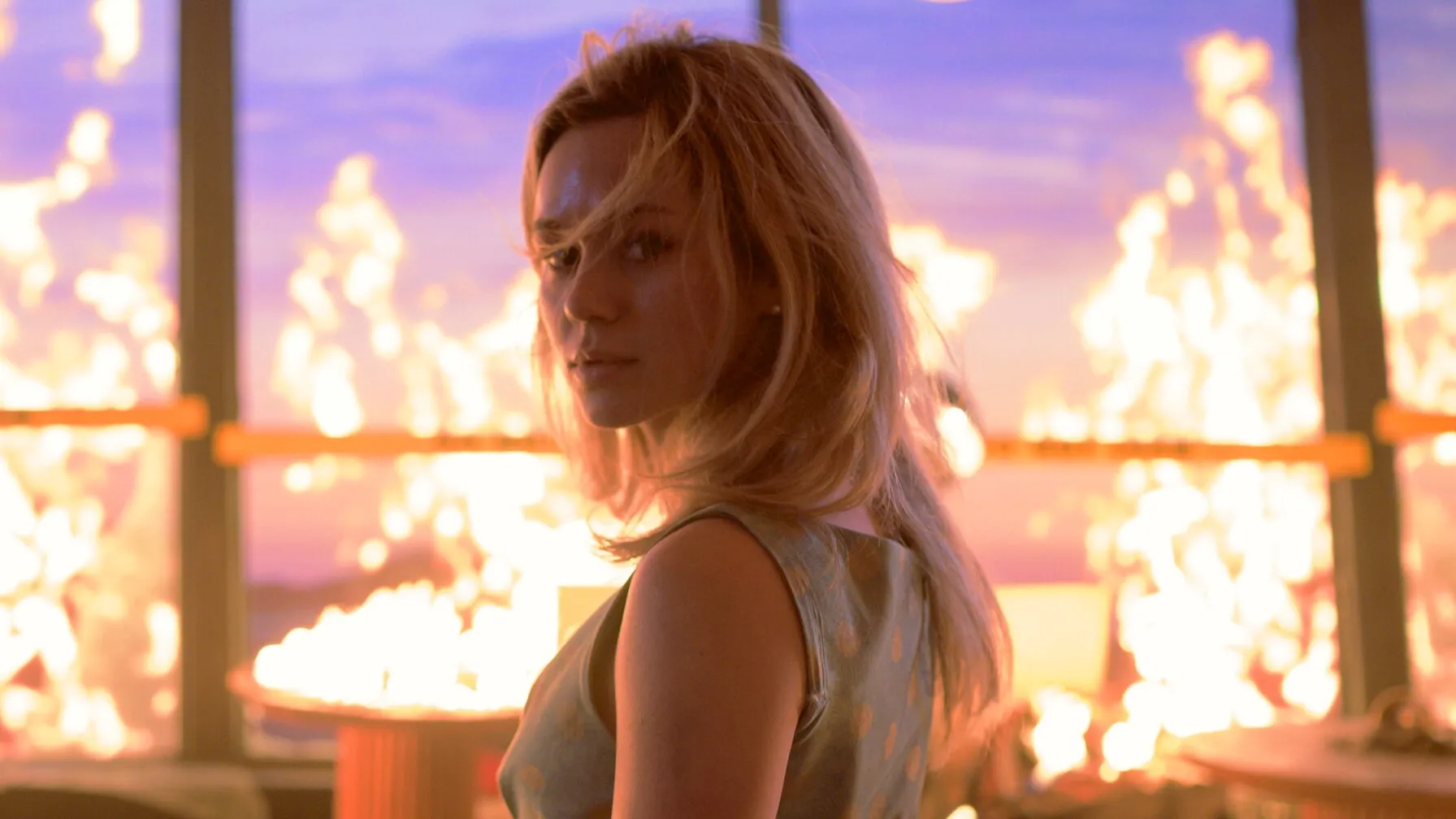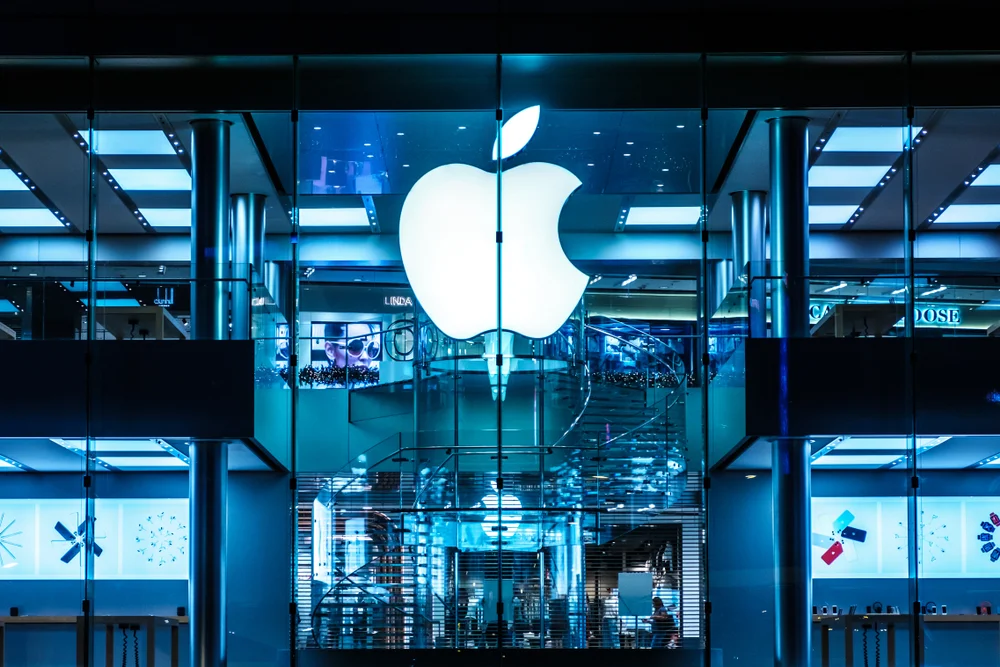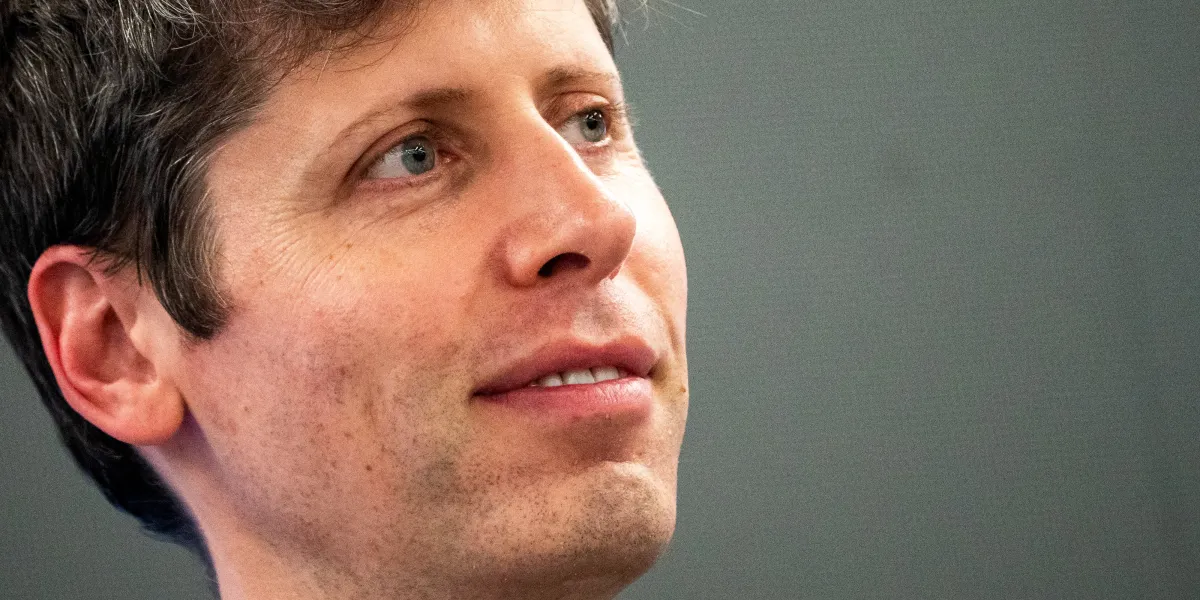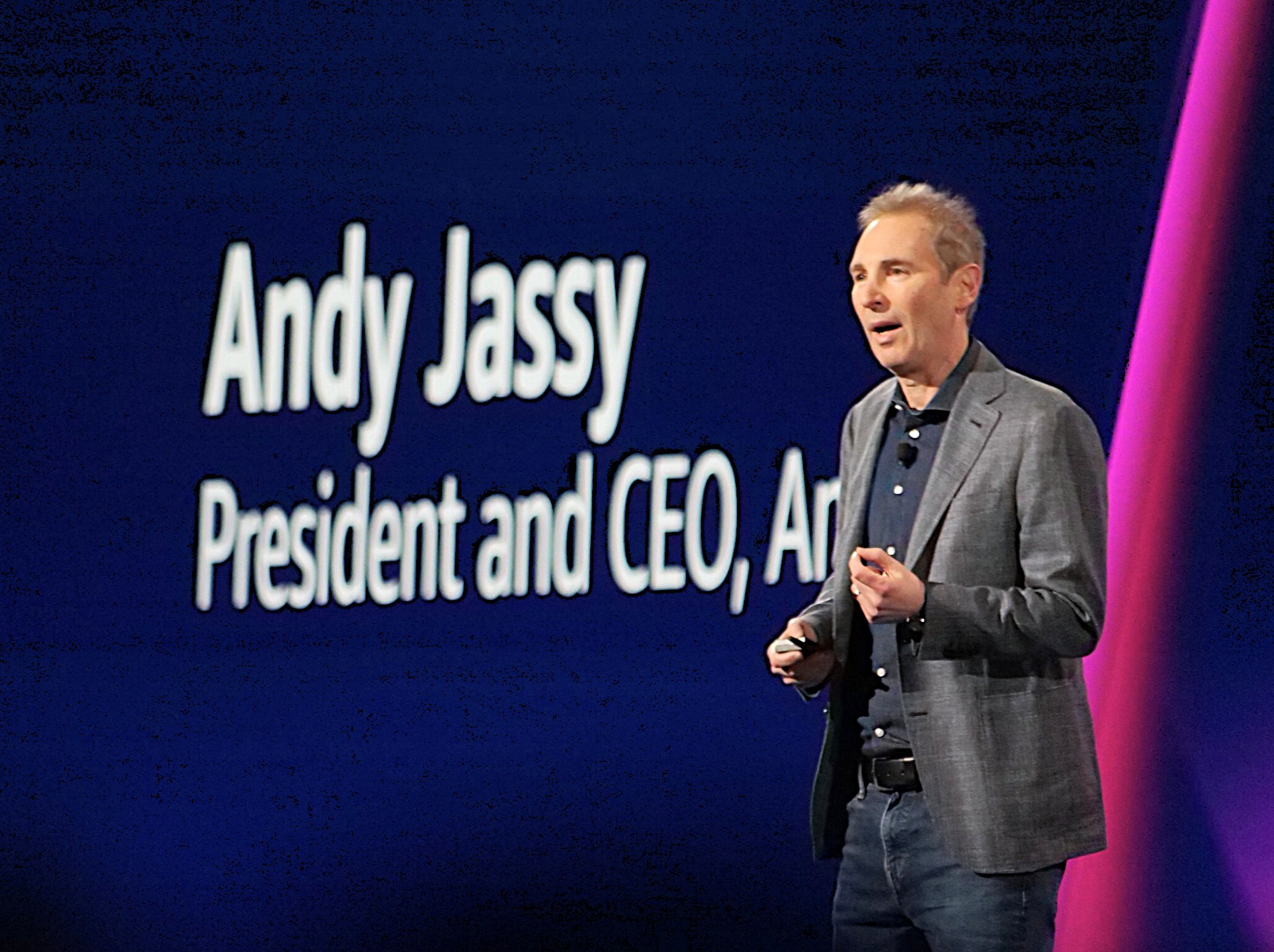Copyright vogue

When the credits began rolling at the end of Bring Her Back, I looked at my sister in the too-bright light of the theatre. The pool of tears in her eyes matched the one in mine. We reached home dazed, unable to focus for hours afterwards. The movie hadn’t unsettled us with supernatural frights or sickening scenes of gore. Both of us knew what it was like to want to drag someone back from the dead, to agree to pay whatever price for it. I had just wanted to watch a horror movie. I hadn’t prepared myself to be stung by that familiar ache grief brings with itself on a random Wednesday in the middle of the horror movie. I still feel sick every time I think about it. Until very recently, I could turn on a horror movie in the middle of a weekday and carry on with my afternoon like nothing had happened. Now, I have to schedule this activity around my mood and mental state. “No, I don’t want to today, I’m not in the right headspace for this,” my mind tells me. It isn’t that the gore gets to me or that I occasionally get so scared that I have to keep the bedside lamp switched on all night. It’s more about how horror movies—at least the good ones—have stopped being “fun scary”. They’ve started to really hurt, instead of just scare. Is it just that I have too much on my plate? Am I too weighed down emotionally to handle what is supposed to be mindless entertainment? Is that why I grimaced through Final Destination: Bloodlines and 28 Years Later? I’d gone in expecting a good fright—maybe to let out a few screams, cover my eyes. Instead, I left feeling unexpectedly sad both times. Beneath the gory bits were plotlines about family, love and loss—Final Destination about a tryst with death that haunts multiple generations and a matriarch who sacrifices her life to break it; 28 Years Later about a son braving a post-apocalyptic zombie-infested minefield to care for his ailing mother. For a normal movie-watcher like me, horror has always been unserious; it was for people who liked cheap thrills and jumpscares, for those who could stomach three-hour uncut art films that barely made sense. I never saw it as something that could touch the heart. I spoke to a close friend, who watches more horror movies than anybody I know, and he told me that I am not alone in feeling this way. In fact, to him and other horror fans, the genre has always been this deep. “Horror is about confrontation,” he told me. Whatever society is going through is always reflected in the horror being made at that time.” I see it now, how horror has changed with changing times. In the age of knowledge, technology, surveillance and the internet, the unknown is not the scariest thing anymore. The supernatural doesn’t scare us like it used to. It’s why 2025’s best horror movies tackle demons we cannot exorcise: human problems with no immediate answers. Fractured families, disappearing jobs, financial burdens, religious baggage, climate dread—you can’t solve them with a ritual, a silver bullet or the power of Christ compelling you. Modern horror unsettles us because it reflects life as it is: unresolved and unsolvable. It’s become elevated art, yes, but also art that tells the truth. What better examples of this than Ryan Coogler’s Sinners, a movie about systematic racism, intergenerational trauma, art and cultural vampirism, or Zach Cregger’s Weapons, which lays bare childhood isolation, familial trauma and grief? To be human is to wrestle with loss, to have to accept the passage of time, to know pain and grief. Horror shows us this in all its strange and terrible beauty—even when we look at scenes like the gruesome bodily fusion of two codependent partners in Together through splayed fingers. This shift is happening everywhere. Studios and production houses like A24, Neon and Blumhouse have recognised that audiences are no longer satisfied with neat, cliché endings. In new horror movies, characters do everything right, but evil still wins. Grief doesn’t vanish, good is often compromised and nice people get hurt. Everything is not always well at the end of the movie, just as it is not in real life. Why now? It’s because audiences, too, have changed. Modern viewers—regular people like me—are less attached to faith, more literate in psychology and increasingly aware of how unfair and fragile our systems really are. For many all over the world, everyday life looks like a horror movie. Diés Iraé, a Malayalam-language film directed by Rahul Sadasivan that released today, explores the consequences of grief on a regular person’s life, portraying how the inability to let go of a loved one can lead to tragic consequences. And have we not all been there too? Horror taps into these fears because it knows the audience is hungry for a moment of catharsis. These films are meeting us exactly where we are. They’re latching onto what really keeps us up at night. At its best, horror is an honest conversation between art, artist and audience. Filmmakers channel society’s demons and audiences recognise themselves in the stories. Horror becomes the genre of truth-telling. More than any other form of cinema, it refuses to lie to us. It doesn’t soothe us with happy endings or pretend that loss can be undone. It insists on showing us what we already know but would rather avoid: to be human is to lose, again and again, until nothing and no one is left. 66 best horror movies that’ll haunt you—in the best way possible Must be the season of the witch(core) Loved Sinners? These 14 Indian folk horror movies dig up demons closer to home



